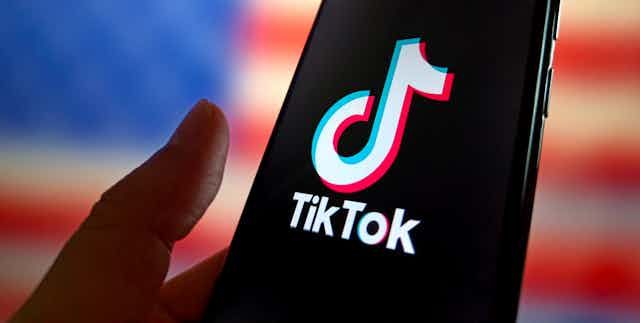On Sunday, TikTok announced it was restoring its service in the U.S. after President-elect Donald Trump confirmed that he would help revive the app once he takes office on Monday. The move comes after a brief shutdown late Saturday, as a law banning TikTok over national security concerns was set to take effect. Users in the U.S. had reported being unable to access the app, but TikTok’s website and basic services began to return online for many users shortly after.
In a statement, TikTok thanked Trump for providing the necessary assurances to service providers, ensuring they would face no penalties for continuing to offer TikTok to over 170 million Americans. The company also highlighted the significant role the app plays in supporting more than 7 million small businesses.
This development marks a dramatic reversal of the situation. A law passed in April had mandated that TikTok cut ties with its Chinese parent company, ByteDance, by Sunday, or face a nationwide shutdown. Concerns have been raised over potential misuse of Americans’ data by the Chinese government. However, Trump has indicated that he would extend the timeline for compliance, giving both sides time to negotiate a solution that addresses national security issues.
Trump’s stance on TikTok has shifted since his first term in office. In 2020, he sought to ban the app, but now he appears to be more sympathetic, citing its role in engaging younger voters during the 2024 election. He even suggested a joint venture with a 50% U.S. ownership stake to resolve the conflict.
Despite the reprieve, not all Republican lawmakers are on board. Senators Tom Cotton and Pete Ricketts have argued that the law must be enforced as written, requiring ByteDance to sell TikTok’s U.S. operations to comply with national security regulations.
The uncertainty surrounding TikTok’s future has led many users to explore alternatives, with rivals like Instagram and Snapchat seeing a surge in attention. Marketing firms and creators who rely on TikTok have been scrambling to adjust, while some users are turning to VPNs to bypass restrictions.
As TikTok’s service begins to come back online, all eyes will be on the incoming Trump administration to see how it handles the ongoing tension between U.S. national security concerns and the app’s widespread popularity.
